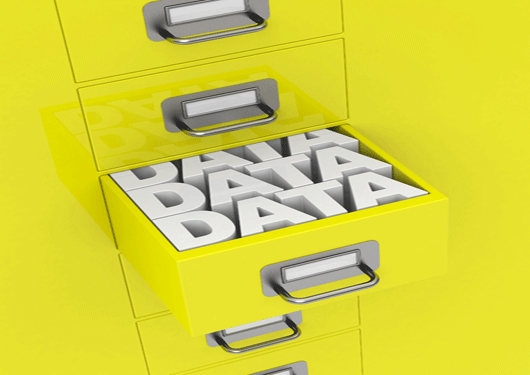
Visit Our Sponsors |
|
|
|
|
|
|
|
|
|
|
|
|
|
|
|
|
|
|
|
|
|
|
|
|
|
|
|
|
|
|
|
|
|
|
|
|
|
|

Data misuse does not refer to a use of data disclosed in an agreement that no one reads when signing up for a credit card, mobile phone, or social media service; it is not even about whether a use actually causes harm to consumers. Data misuse occurs when consumers are unpleasantly surprised upon learning that data about them has been collected or that it has been used in new ways—that is, outside of the original purpose for which it was gathered—and when they perceive such practices to be potentially harmful and feel that the company should not engage in them. (An example would be when a company originally collected data in order to complete a transaction or ensure that potential customers are good prospects but is now using it for marketing purposes.) Our research suggests that consumers’ reaction to data misuse—defined in this way—can cause them to reduce their spending with a company by about one-third.
Executives will not mitigate data misuse by writing even longer and more complex legal documents for consumers to ignore, or by working even harder to ensure that companies don’t run afoul of regulations and legal agreements. Instead, company leaders at the highest levels must develop new ways to manage and use data, rather than confining the discussion to legal or IT, as it is at most companies. Even organizations that use data for completely legal and fully disclosed reasons are on a collision course with their customers. The steps companies take now to assess and address this risk will confer significant, long-term and sustainable competitive advantage and head off the looming threat to their earnings performance.
RELATED CONTENT
RELATED VIDEOS
Timely, incisive articles delivered directly to your inbox.

